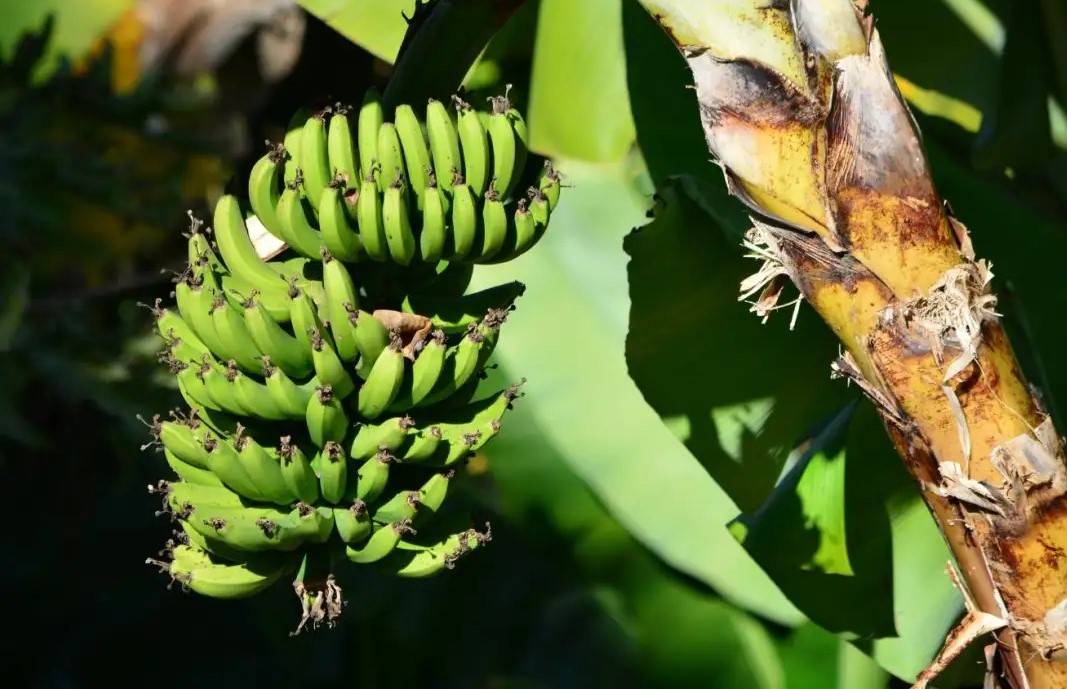
The Fusarium tropical race 4 fungus has been detected in the central states of Aragua, Carabobo, and Cojedes. Although it was officially discovered in January by the country's national agricultural health institute, farmers and experts claim they have noticed evidence of the fungus for several years and are concerned that it may spread quickly.
Small-scale farmers, who rely on bananas and plantains for both energy and income, are likely to be hit hardest. Families who already struggle to afford food, and depend on these fruits which typically cost between USD1 and USD2 per kilo, may face even more difficulty. This is because the monthly minimum wage in Venezuela is only around USD 5 and many families depend on government food boxes or remittances from relatives abroad.
According to Alexis Bonte, the representative of the United Nations' Food and Agriculture Organization (FAO) in Venezuela, bananas and plantains are essential sources of energy, carbohydrates, and sugar for small-scale farmers. Without them, farmers are left with a double blow: no energy source and no money to purchase energy from other sources.
The Fusarium fungus gradually dries out plants and spreads through infected soil. Currently, it has affected some 150 hectares and about 1,000 small producers in Venezuela. To eradicate the fungus, the FAO recommends ripping out infected plants and replacing them with crops that are not susceptible to the fungus, such as corn or grains. The fungus does not harm humans.
It is unclear how the Fusarium fungus arrived in Venezuela, but it may have come from contaminated plants, trucks, or even footwear. Colombia detected the fungus three years ago, while Peru detected it last year. Venezuela has 28,000 hectares planted with plantain and 32,000 hectares planted with bananas.
The Agricultural Engineers' Association warned in 2019 that the fungus was likely to arrive and called on the government to apply sanitary controls. While the government has banned the transport of seeds between the three states where the fungus has been detected, growers' associations claim that more controls are needed on the Colombian border, such as washing down trucks and workers.
The fungus has not yet been detected in Venezuela's largest banana and plantain-growing state, Zulia, which has about 10,000 hectares of crops. However, growers are already concerned that the fungus may spread rapidly and destroy everything.
In a country where 23% of the population suffers from hunger, the loss of a significant food source may lead to further food insecurity and economic hardship.









